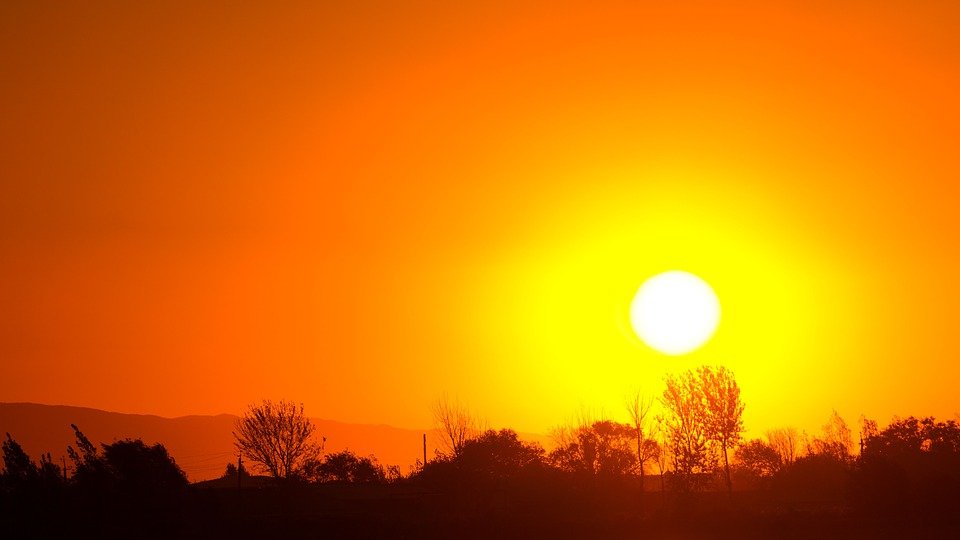In the early days of the coronavirus pandemic, misinformation suggesting that the virus cannot survive in hot weather conditions spread very quickly partly because many African countries had not at the time recorded cases of the disease.
Nigeria was the first sub-Saharan African country to record a case of the virus in February 2020, and ever since almost all 54 African countries have recorded cases of the disease (8.5 million confirmed cases as of March 18, 2022, according to WHO).
However, the initial fear that the pandemic would ravage many African countries due to weak health systems have been proven wrong – which has again given impetus to the suspicion that the virus cannot survive in hot weather conditions.
The World Health Organization (WHO) has meanwhile debunked the claim and said: “COVID-19 virus can be transmitted in all areas, including areas with hot and humid weather.”
How does the virus spread?
The disease is caused by the SARS-CoV-2 virus, which spreads between people in several different ways.
- Current evidence suggests that the virus spreads mainly between people who are in close contact with each other, for example at a conversational distance. The virus can spread from an infected person’s mouth or nose in small liquid particles when they cough, sneeze, speak, sing or breathe. Another person can then contract the virus when infectious particles that pass through the air are inhaled at short range (this is often called short-range aerosol or short-range airborne transmission) or if infectious particles come into direct contact with the eyes, nose, or mouth (droplet transmission).
- The virus can also spread in poorly ventilated and/or crowded indoor settings, where people tend to spend longer periods of time. This is because aerosols can remain suspended in the air or travel farther than conversational distance (this is often called long-range aerosol or long-range airborne transmission).
- People may also become infected when touching their eyes, nose or mouth after touching surfaces or objects that have been contaminated by the virus.
“There is no evidence that sunlight kills the new coronavirus,” the WHO emphasized.
The World Health Organization advised the public to observe protocols including, wearing of face masks, social distancing, washing of hands with soap and running water, and properly disposing of used face masks to prevent the virus from spreading.
By: Gifty Tracy Aminu





